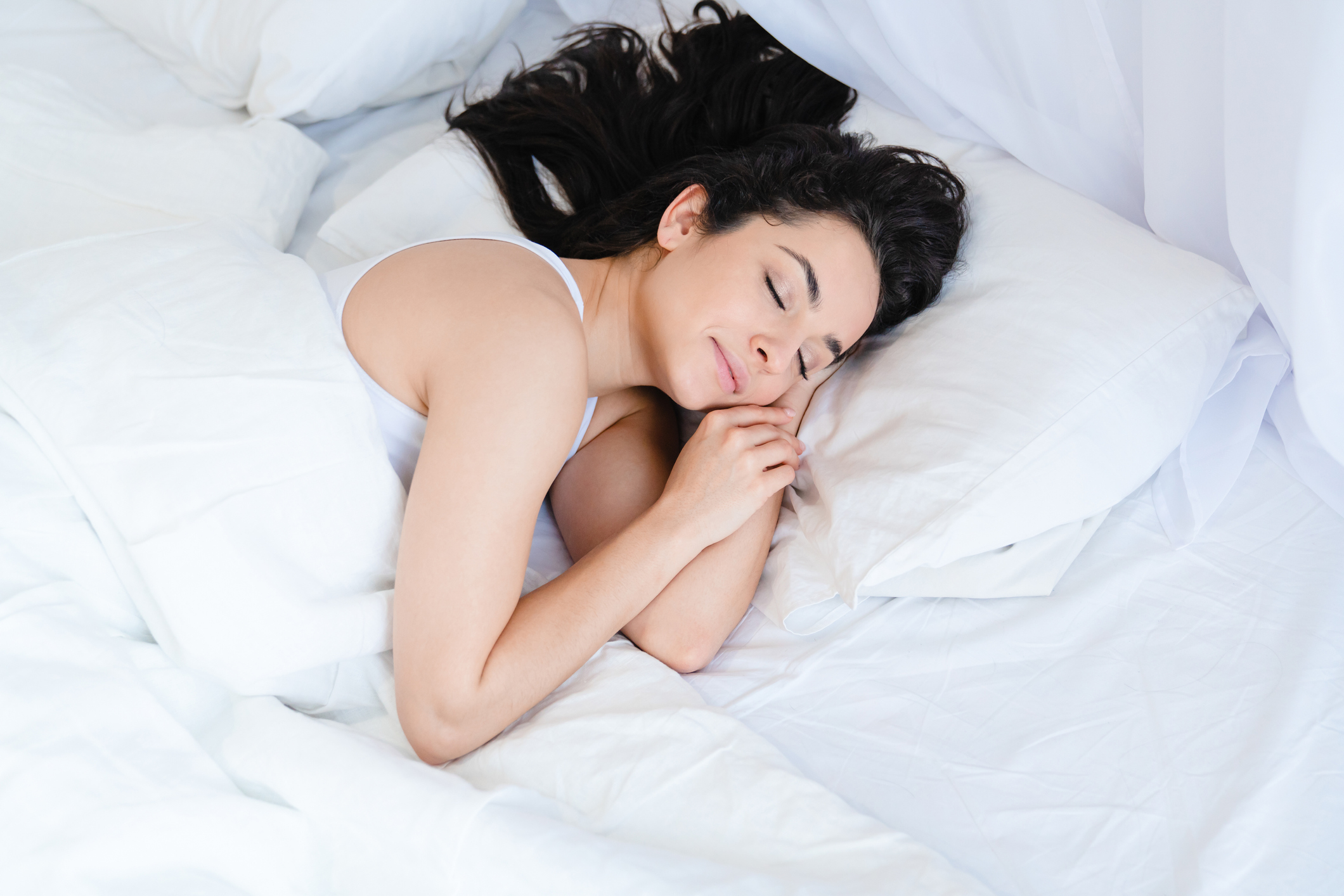
Are you having trouble sleeping and need help for insomnia? I discussed the the importance of getting a good night’s sleep in a previous blog. If you have insomnia though, getting that good night’s rest is a challenge.
There are a number of effective strategies you can try if you do have insomnia. Consider trying some of these tips BEFORE pursuing prescription medication because medication has side effects including cost, dependency, grogginess, etc. Check out the latest issue of Consumer Reports for a discussion about the problems with sleep medications.
As I grow older, I’m more and more convinced that the first and best course of action is to try the simple, more natural ways of handling problems before going to more extreme measures. For me, insomnia falls into this category. The big caveat here is that if you suspect that there could be a physical problem, such as hypertension, behind your sleep difficulties, you need to discuss this with your physician. In fact, it’s important to have regular physicals and checkups by your physician as a precautionary measure for a variety of physical problems. This blog is not to be construed as medical advice.
Strategies That Can Provide Help for Insomnia
1. Avoid caffeine, alcohol, tobacco products, and exercise several hours before bed. With caffeine, I’d recommend not having any at least 8 hours before going to bed. I’d recommend no exercise or alcohol at least 3 hours before bed. For alcohol, it’s particularly important not to go to sleep while inebriated because it disrupts your sleep cycle and REM sleep.
2. Avoid watching exciting TV shows and movies at least 1 hour before bed (e.g., actions flicks, horror movies, thrillers). Also, avoid playing action-oriented video and computer games at least 1-2 hours before bedtime. Avoid looking at your tablet or smart phone as well – the screen light triggers the brain to stay alert.
3. Use the bed only for sleeping. You want your body & mind to associate the bed with sleep and not a multitude of activities such as reading, watching TV, checking email on the laptop, etc. That means it’s best to remove the TV from your bedroom.
4. Try using a white noise maker in the background. I use one that has the sounds of rain, waterfalls, etc., and I love it.
5. Have a bedtime ritual or develop a routine around bedtime. This gets your body programmed for sleep.
6. Avoid bright lights near bedtime. These signal our brain that we need to wake up/keep alert.
7. Don’t get to bed hungry or overly full.
8. Don’t have a clock in view. You’ll be tempted to check it periodically which could up your anxiety about falling asleep.
9. If you can’t fall asleep after about 30 minutes, get up and do something boring (or at least non-stimulating) like reading a book. I find that if I have trouble falling asleep because I’m extremely anxious about something (like finishing a report), then I’ll just work on that. That will at least reduce my anxiety about that particular task.
10. Have the temperature adjusted to a comfortable level before attempting to sleep.
11. Try some drinking some warm milk or herbal tea as part of your bedtime ritual.
12. These tips for sleeping can be helpful for anyone. But, just to emphasize this again, if you have any reason to suspect that there is a medical/physical reason behind your sleep difficulties, consult your physician. It’s good to rule out physical problems on the front end by having physical exams on a regular basis. Also, if you continue to experience difficulties falling asleep and have tried many strategies, it will be important to consult your physician.
I hope that some of these tips help, and I wish you pleasant dreams!


Your article helped me during my college project on time. I think I will give my project next week.